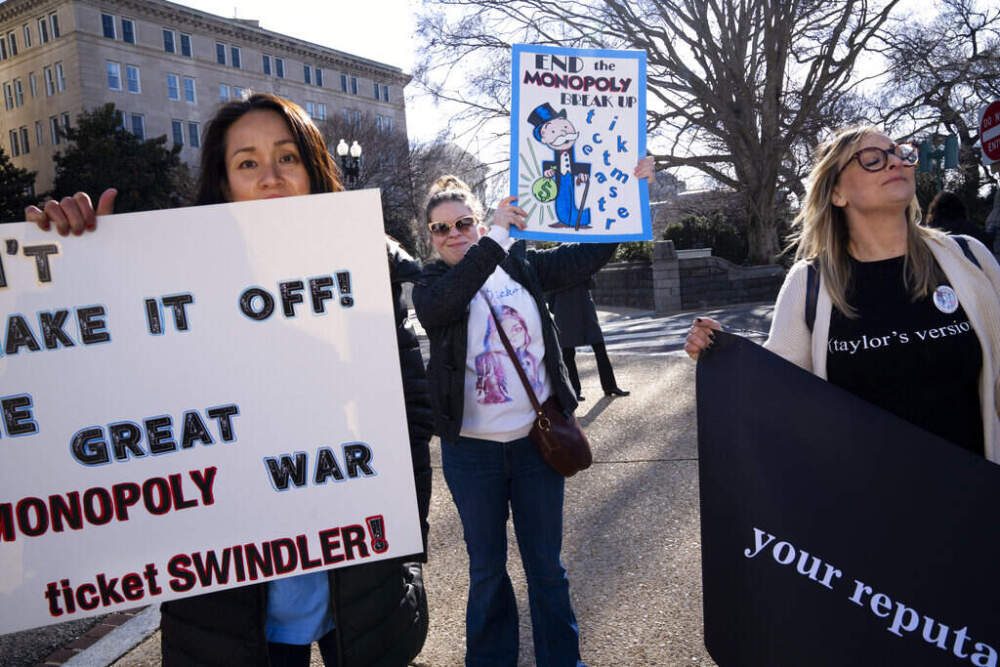Ticketmaster owner Live Nation Entertainment’s conduct has illegally resulted in higher fees to consumers, fewer choices, and less innovation in the live entertainment industry, according to a federal lawsuit that 29 attorneys general, including Andrea Campbell of Massachusetts, filed in New York.
“Our lawsuit today alleges that Live Nation’s anticompetitive conduct not only violates the law, but stifles innovation, including by forcing venues to solely use Ticketmaster or strategically acquiring venues in order to eliminate competition,” Campbell said in a statement. “Live Nation is extremely powerful in the live entertainment industry, and it has chosen to exploit that power to grow and maintain its monopoly, ultimately increasing prices for consumers and harming artists and venues in the process.”
In response to the suit, Live Nation called it “absurd to claim that Live Nation and Ticketmaster are wielding monopoly power.”
“The Department of Justice and a group of State Attorneys General have now filed the much-anticipated antitrust suit against Live Nation and Ticketmaster,” Live Nation said. “This follows intense political pressure on DOJ to file a lawsuit, and a long-term lobbying campaign from rivals and ticket brokers seeking government protection for themselves.”
Live Nation owns or controls more than 265 concert venues in North America, including House of Blues Boston, MGM Music Hall Fenway, Leader Bank Pavilion and Xfinity Center in Massachusetts, according to Campbell’s office, manages more than 400 musical artists, and through Ticketmaster controls roughly 80 percent of major concert venues’ primary ticketing for concerts.
The plaintiffs are seeking injunctive relief, including prohibiting the company from further engaging in anticompetitive practices and ordering Live Nation’s complete divestiture of Ticketmaster.
Live Nation says the suit “ignores everything that is actually responsible for higher ticket prices, from increasing production costs to artist popularity, to 24/7 online ticket scalping that reveals the public’s willingness to pay far more than primary tickets cost.”
